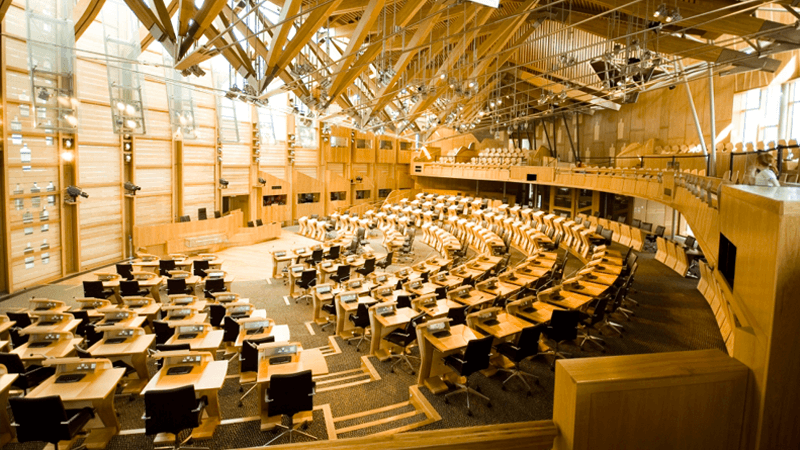The Scottish Government has warned that Liam McArthur’s assisted suicide Bill is beyond the powers of Holyrood to legislate.
In a letter to the Scottish Parliament’s Health Committee, Cabinet Secretary for Health and Social Care Neil Gray said the Scottish Government is “maintaining a neutral position” on the Assisted Dying for Terminally Ill Adults (Scotland) Bill, but it is currently “outside the legislative competence of the Scottish Parliament”.
Under the proposals, those aged 16 or over who have been resident in Scotland for at least twelve months could get help from a medic to kill themselves if they are deemed to be terminally ill.
‘Fundamental shift’
Of “particular concern”, Gray explained, is the Bill’s intention to give Scottish Ministers the authority to determine “approved substances” to use in assisted suicides, which would be a reserved matter for the UK Government.
In addition, he noted that the proposals represent “a novel and fundamental shift in the role of medical practitioners, and the regulatory framework in which they operate, from protecting/enhancing patients’ lives to assisting in termination of life”.
McArthur has acknowledged that “something else would likely need to happen” in order for his Bill to become law, and Gray agreed that “further processes would have to be gone through in order to bring the Bill within competence”.
The Cabinet Secretary noted that a Section 30 order, which could be used to amend Holyrood’s authority, takes up to 18 months to obtain and requires the joint approval of the UK Government, Westminster, and Holyrood.
‘Can of worms’
But Dr Gordon Macdonald, Chief Executive of the UK’s leading anti-assisted suicide group Care Not Killing, said that a Section 30 order has only ever been granted for “the independence referendum and to take such action on such a matter would open up a can of worms for Westminster”.
He argued that the proposals “pulled the wool over people’s eyes to try and secure support”, and the “SNP Government has made its views most clear that the Bill is potentially fatally flawed and not fit for purpose”.
A UK Government spokesperson stated: “As with all Scottish Parliament legislation, we will consider the bill in the usual way at the appropriate time.”
The Scottish Government recently paused plans to outlaw ‘conversion practices’ in favour of a UK-wide approach, after First Minister John Swinney admitted it wanted to “avoid some of the difficulties” it experienced after Westminster vetoed its gender self-identification legislation.
Concerns
Last month, it was revealed that Holyrood has been flooded with concerns about the risk of coercion to vulnerable people from McArthur’s assisted suicide Bill.
The Holyrood’s Health Committee launched a call for evidence, and more than 6,700 explained in detail why they oppose a change in the law, including expressing the view that the proposals have potential to devalue vulnerable people.
The Christian Institute warned Holyrood: “The Bill would usher in a major and hugely damaging change to Scottish society. It would mean that, for the first time, doctors could approve the intentional taking of life as an acceptable option for some.”
“The Bill’s supporters say it is about compassion. But true compassion for those who are deemed to be terminally ill means valuing their lives, giving them hope and supporting high-quality palliative care for all who need it. Making assisted suicide an option would inevitably put vulnerable people under pressure to consider that option.”

Health Secretary ‘deeply uncomfortable’ about legalising assisted suicide
Sir Ed Davey ‘hugely sceptical’ about assisted suicide
‘We must fight assisted suicide to protect our most vulnerable’

